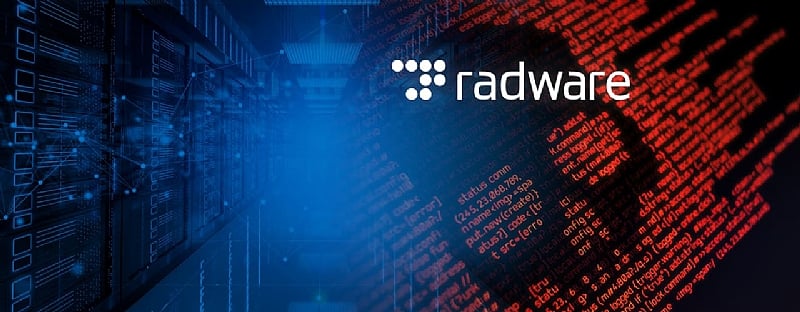As cybersecurity becomes an essential concern in emerging markets like Ghana, global players such as NETSCOUT Systems formerly ARBOR Networks (NASDAQ: NTCT), A10 Networks (NASDAQ: ATEN), and RADWARE (NASDAQ: RDWR) are fiercely competing for dominance.
While NETSCOUT ($2.6 billion) and A10 ($1.5 billion) have made substantial technological advancements, RADWARE ($960 million) appears to be stagnating. Despite attempts at innovation, RADWARE has struggled to maintain a competitive edge, with only some of its products making only limited progress in specific areas.
Industry insiders suggest that RADWARE’s slow growth can be attributed to a failure to innovate and a tendency to mimic its competitors’ strategies, rather than offering groundbreaking technology.
However, RADWARE has achieved some success with virtual DDoS protection, DDoS detection and Network visibility solution. The fact that these products have performed well in the market has led to suspicions of possible corporate espionage by RADWARE, and questions regarding how RADWARE may be gaining insights into the strategies of its competitors.
In response to these challenges, several significant entities in Ghana, such as UMB bank Ghana and Ghipss, have decided to switch to other competitors. Meanwhile, others are reconsidering their ongoing partnerships with RADWARE, signaling potential disruptions to the company’s standing in the market.
RADWARE’s troubles do not end there. In fact, RADWARE suffered another major blow when the company’s main distributor recently severed ties with it, after expressing its great dissatisfaction with the company’s underwhelming performances in comparison to its competitors, raising further concerns within the company. Senior executives are now questioning whether, in addition to losing their distributor, there might be internal factors at play, with some employees potentially collaborating with competitors, contributing to the company’s decline.


